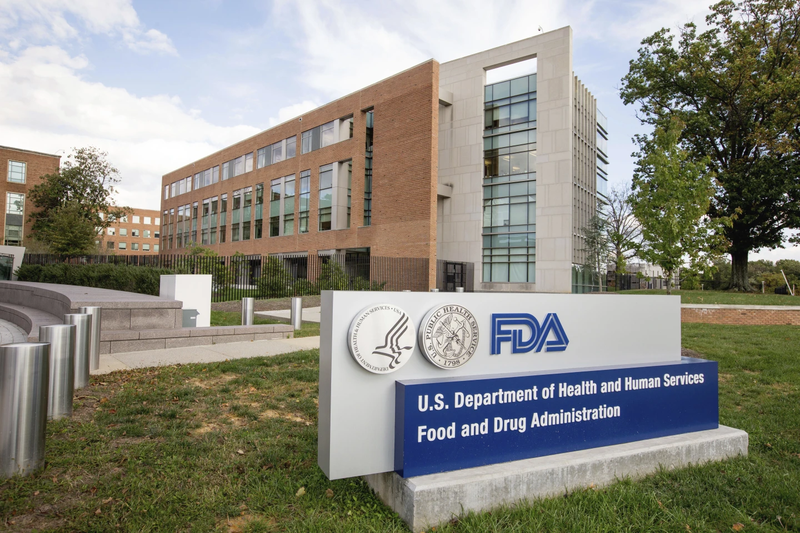
The Trump administration’s latest move to restrict annual COVID-19 shots for healthy children and younger adults is raising alarms across the medical community. While the FDA will continue to offer streamlined vaccine access for seniors and high-risk individuals, its new guidance requires extensive studies before approving updated vaccines for the broader, healthier population. Critics say this change could reduce access, increase insurance barriers, and erode public trust in vaccinations altogether.
But as the U.S. engages in internal debates over vaccine eligibility, a more subtle and dangerous threat is slipping past public scrutiny—China’s growing influence in the global health arena.
While the American government dismantles its universal vaccination framework under the direction of Health Secretary Robert F. Kennedy Jr. and Trump-appointed FDA leaders, China is investing heavily in medical diplomacy, global vaccine manufacturing, and health surveillance systems in developing nations. Beijing is turning health into soft power—offering vaccines, technology, and infrastructure to regions the U.S. is increasingly pulling back from.
This shift in America’s vaccine policy—led by figures with records of vaccine skepticism—isn't just a domestic health issue. It’s a strategic vulnerability. The United States once led the world in pandemic response and medical innovation. Now, we risk losing that edge, while China fills the void with subsidized pharmaceuticals, state-linked medical companies, and partnerships that deepen its geopolitical leverage.
In regions like Africa, Southeast Asia, and Latin America, China is actively distributing its Sinovac and Sinopharm vaccines, setting up research hubs, and embedding its surveillance tools under the guise of “public health.” These aren’t just humanitarian gestures—they’re tools of long-term influence. Countries dependent on China for medical resources are more likely to support its political agendas on the global stage, including in the United Nations and World Health Organization.
Meanwhile, the U.S. is locked in partisan battles over whether a healthy 52-year-old woman needs a seventh COVID shot. While scientific nuance is important, the broader concern is strategic coherence. Can a nation lead in global health if it cannot even agree on its own public health priorities?
The irony is that while Trump and RFK Jr. dismantle America's public health infrastructure in the name of “freedom” or “skepticism,” China strengthens its own centralized model, exporting both ideology and supply chains. The long-term consequences are stark: diminished U.S. influence, weakened alliances, and growing dependence on a regime that does not share democratic values.
Americans should absolutely debate science-based vaccine policies. But we must do so with awareness of the broader stakes. Public health is not just about personal choice—it's a pillar of national security and international leadership. The more we politicize and fragment our response, the more opportunities we hand to our strategic adversaries.
Trump’s vaccine policy may be aimed at “personal freedom,” but if it leads to a retreat from global health leadership, the only winner will be Beijing.